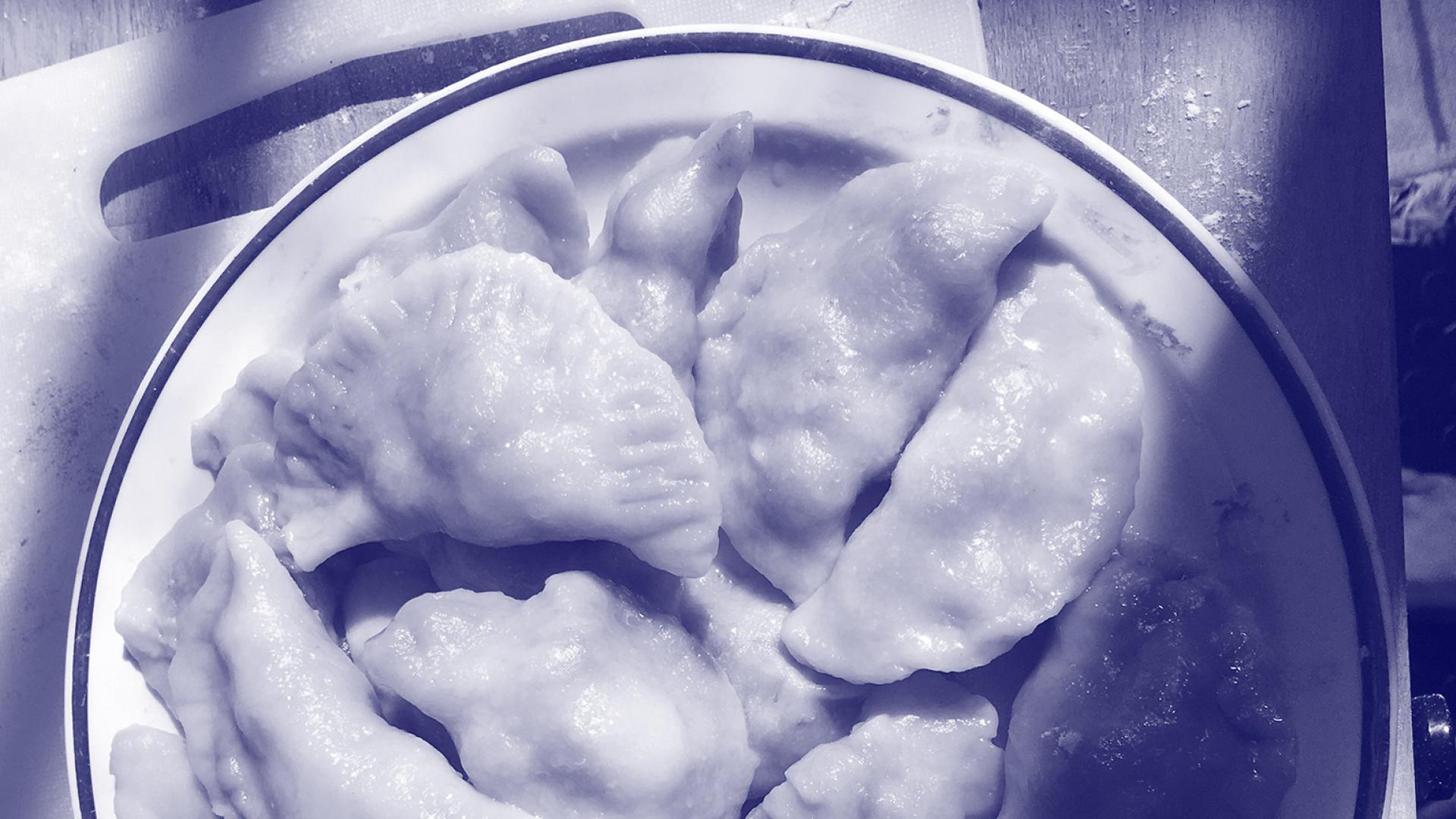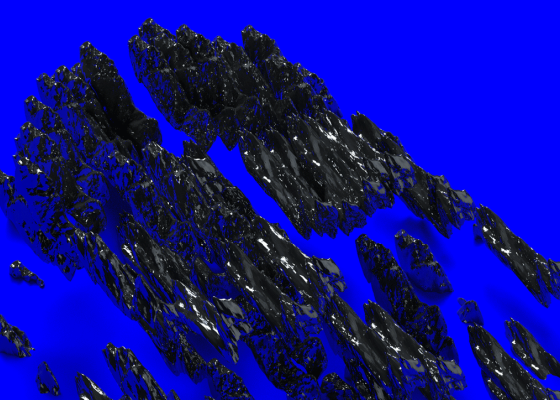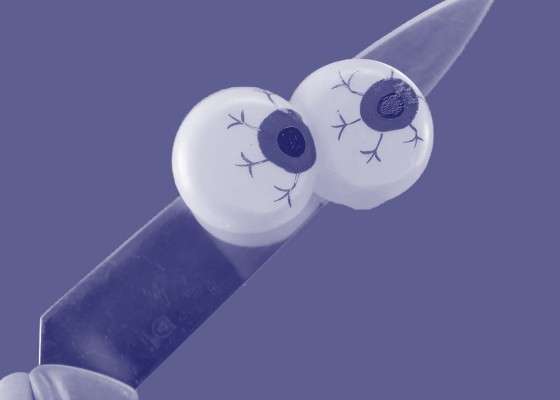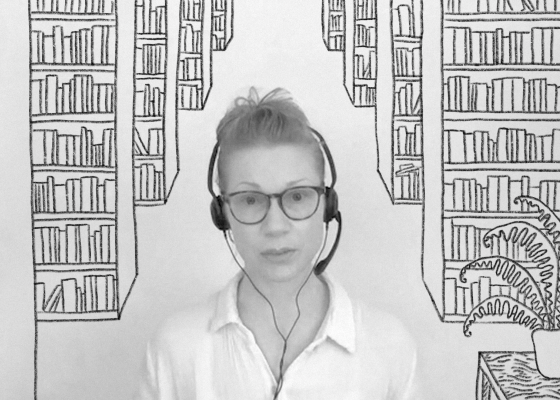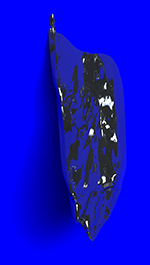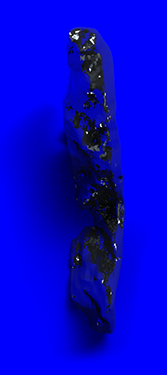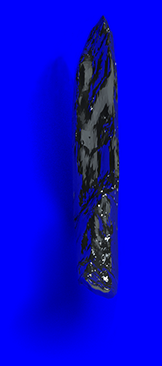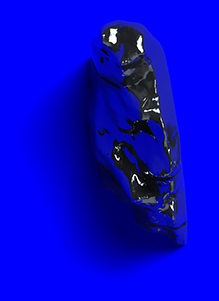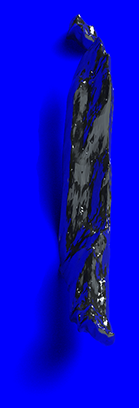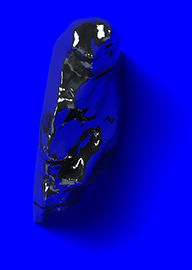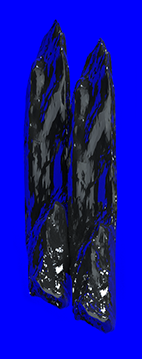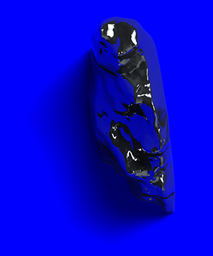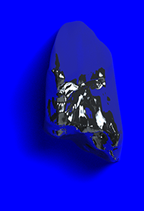Cicer cum caule
Participation is free of charge.
It is required to:
● register and log in to the festival website
● once logged to the website, fill the google form application by clicking Apply button
Application will be accepted until October 10, 2020.
The festival curators will review all applications and deliver the invitation to the workshop participants via e-mail on October 12th, 2020.
The workshop takes place twice - October 24 and 25.
“Cicer cum caule” is an introduction to understanding what artificial intelligence is, served in the form of an online pierogi making workshop. During the session participants will learn how to make traditional Polish dumplings, while exploring concepts related to AI, machine learning, datasets – and examining their implications in our everyday lives.
During the last months that we’ve spent in quarantine, many of us have become domestic gods and goddesses as well as technology experts – the amount of Google searches regarding baking terms skyrocketed, and so did the stocks of Zoom Video Communications.
The workshop explores these two essential skills for the (unknown) future, namely food making and technological literacy. We will be making sense of impactful technologies through the process of pierogi preparation. The goal is to make the inner workings of AI more understandable, accessible and tangible, using Polish cuisine as an intuitive medium.
“Cicer cum caule” is Latin for the Polish saying “groch z kapustą” (cabbage with peas), meaning hodgepodge, a mixture of things not belonging together. The Latin translation of the saying was coined by the Polish poet Julian Tuwim as a title for his essay series. The workshop bridges historical roles that have been culturally attributed to females and males, the multisensory physicality of food, and intangible technology. It mixes fruit with data, languages and narratives. And while the language of science is traditionally Latin, ours will be food.
Requirements:
🥟 The workshop lasts 3 hours, at the end of which we will have prepared a meal together, each participant in their own kitchen. We will prepare fruit pierogi using a vegan recipe, based mainly on wheat flour (gluten alert!) and fruits (the pierogi will be sweet, not savoury!). Participants will need access to a kitchen with basic supplies, including a stove. Each registered participant will get detailed instructions in advance.
🥟 Participants will also need a laptop/PC and Zoom video conferencing with camera and microphone.
🥟 Places are limited to 8 online participants per workshop.
We particularly encourage participants who:
🥟 Work with (digital) culture but have no background in technology
🥟 Would like to understand the basics of how artificial intelligence and machine learning algorithms work
🥟 Are up for a fun cooking session and lunch together. No cooking skills required!
The workshop is led by:
Anna Desponds (Poland) has an MA in food studies, a 154-year-old sourdough named Cornelius in her fridge, and a career in the digital media space, among others as curator of the Digital Cultures Festival. She co-runs the ODBIORNIK podcast about art, technology and the art of living with technology published by dwutygodnik.com.
Philo van Kemenade (the Netherlands) is a cultural technologist and educator from Amsterdam, working at the Netherlands Institute for Sound and Vision. He creates tools, stories and things in-between to amplify human connection with arts and culture. He studied AI at the University of Amsterdam and Cognitive Computing at Goldsmiths College in London. He loves cooking and eating Japanese pancakes.
Partners:
Total Immersion Foundation, ODBIORNIK podcast by dwutygodnik.com
The project was developed as part of the ArtHouse residency programme, an initiative of the Adam Mickiewicz Institute.
